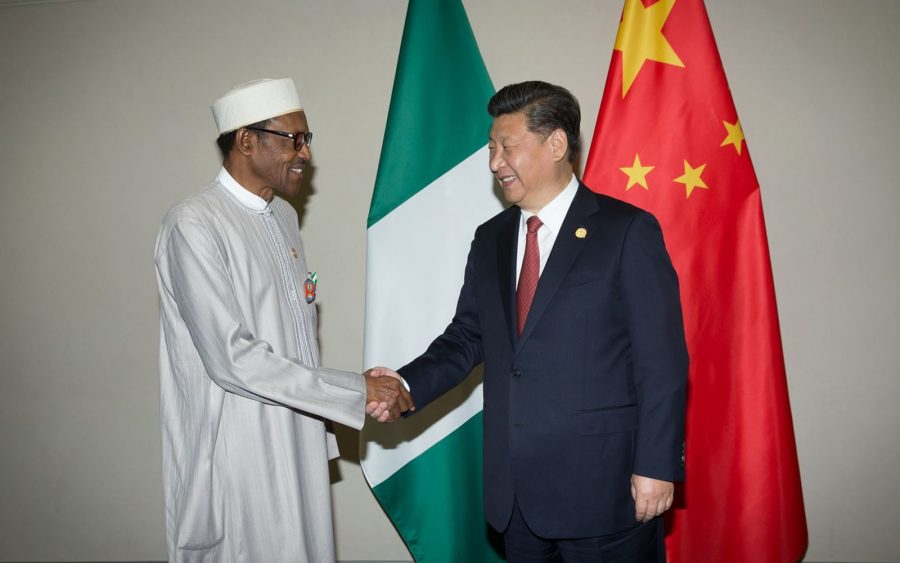Following the public outrage that greeted President Muhammadu Buhari’s recent borrowing from China, the Debt Management Office (DMO) has issued a statement allaying people’s fears over the possible negative implications of the debt.
In the statement published yesterday on the agency’s website, the DMO acknowledged the controversies that have trailed the $382 million loan deal. The statement also noted that DMO was particularly prompted to react after claims emerged that Nigeria could potentially forfeit key national assets to the Chinese lenders in case the loan deal turns awry.
The statement clarified Nigeria’s need for loans (both from internal and external lenders), saying that loans are necessary as they facilitate the financing of capital projects, economic growth and development in the country.
But why borrow from China?
Furthermore, the statement noted that Nigeria chooses to access multilateral and bilateral loans because such loan deals are cheaper and more convenient terms and conditions.
The statement partly reads:
“One of the reasons why Nigeria would raise capital from Multilateral and Bilateral sources is because they are Concessional which means that they are cheaper in terms of costs, and more convenient to service because they are usually of long tenors with grace periods. Prudent management of the public debt implies that the Government should avail itself of the opportunity to access concessional loans which deliver twin benefits of being more cost
efficient and supporting infrastructural development.” – DMO
As we reported, Nigeria’s President (Muhammadu Buhari) signed a $328 million loan deal with the China Export-Import Bank (EXIM Bank) during his last visit to China. The loan will be used to finance the implementation of the National and Communication Technology Infrastructure Backbone (NICTIB) Phase 11.
Following this development, many Nigerians criticised it, including notable public figures like Dr Oby Ezekwesili who described it as a bad move because “Chinese attitude to indebtedness is the hardest in the world”.
In nutshell, there’s no cause for alarm…
The Debt Management Office wants Nigerians to understand that the EXIM loan “should not be seen from a negative perspective as they are being used to finance Nigeria’s infrastructural development at concessional terms. Moreover, China Exim Loans are only one of the sources of multilateral and bilateral loans accessed by Nigeria and represented only about 8.5% of Nigeria’s External Debt as at June 30, 2018.”
















